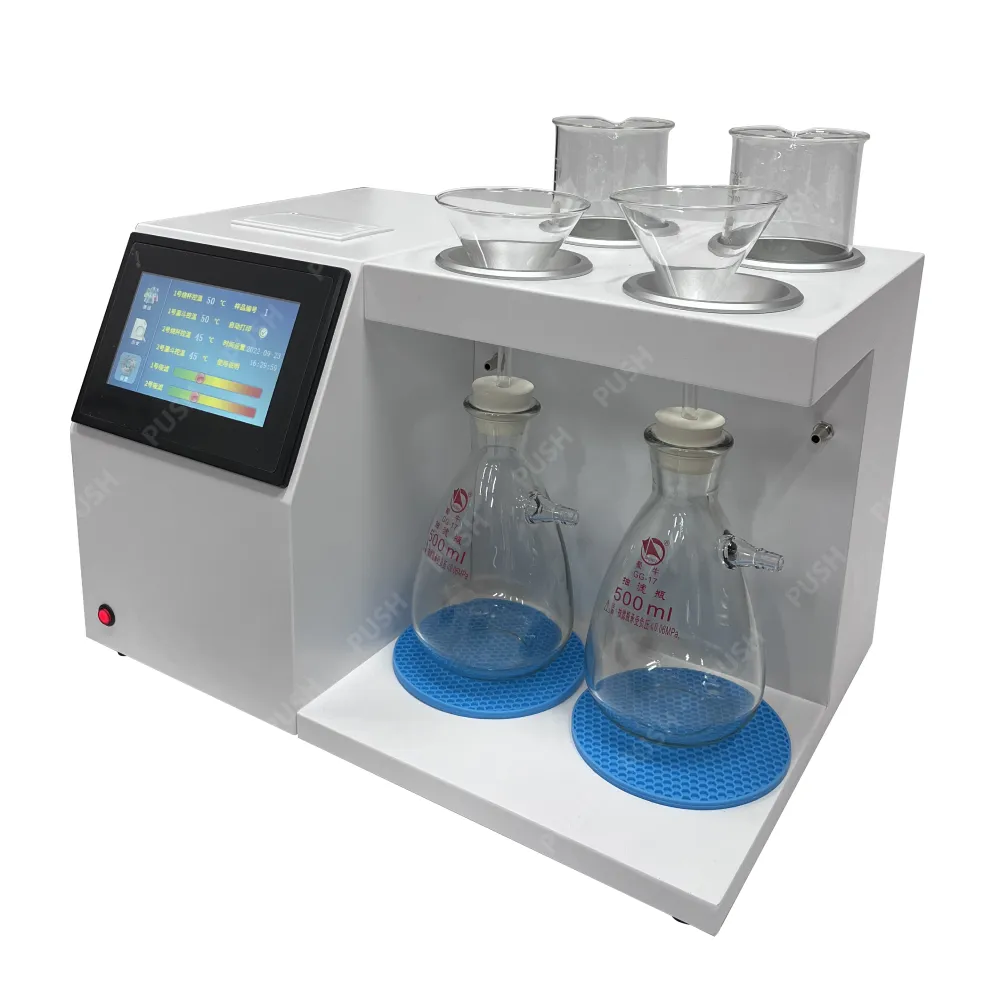 English
English



-
 Afrikaans
Afrikaans -
 Albanian
Albanian -
 Amharic
Amharic -
 Arabic
Arabic -
 Armenian
Armenian -
 Azerbaijani
Azerbaijani -
 Basque
Basque -
 Belarusian
Belarusian -
 Bengali
Bengali -
 Bosnian
Bosnian -
 Bulgarian
Bulgarian -
 Catalan
Catalan -
 Cebuano
Cebuano -
 China
China -
 China (Taiwan)
China (Taiwan) -
 Corsican
Corsican -
 Croatian
Croatian -
 Czech
Czech -
 Danish
Danish -
 Dutch
Dutch -
 English
English -
 Esperanto
Esperanto -
 Estonian
Estonian -
 Finnish
Finnish -
 French
French -
 Frisian
Frisian -
 Galician
Galician -
 Georgian
Georgian -
 German
German -
 Greek
Greek -
 Gujarati
Gujarati -
 Haitian Creole
Haitian Creole -
 hausa
hausa -
 hawaiian
hawaiian -
 Hebrew
Hebrew -
 Hindi
Hindi -
 Miao
Miao -
 Hungarian
Hungarian -
 Icelandic
Icelandic -
 igbo
igbo -
 Indonesian
Indonesian -
 irish
irish -
 Italian
Italian -
 Japanese
Japanese -
 Javanese
Javanese -
 Kannada
Kannada -
 kazakh
kazakh -
 Khmer
Khmer -
 Rwandese
Rwandese -
 Korean
Korean -
 Kurdish
Kurdish -
 Kyrgyz
Kyrgyz -
 Lao
Lao -
 Latin
Latin -
 Latvian
Latvian -
 Lithuanian
Lithuanian -
 Luxembourgish
Luxembourgish -
 Macedonian
Macedonian -
 Malgashi
Malgashi -
 Malay
Malay -
 Malayalam
Malayalam -
 Maltese
Maltese -
 Maori
Maori -
 Marathi
Marathi -
 Mongolian
Mongolian -
 Myanmar
Myanmar -
 Nepali
Nepali -
 Norwegian
Norwegian -
 Norwegian
Norwegian -
 Occitan
Occitan -
 Pashto
Pashto -
 Persian
Persian -
 Polish
Polish -
 Portuguese
Portuguese -
 Punjabi
Punjabi -
 Romanian
Romanian -
 Russian
Russian -
 Samoan
Samoan -
 Scottish Gaelic
Scottish Gaelic -
 Serbian
Serbian -
 Sesotho
Sesotho -
 Shona
Shona -
 Sindhi
Sindhi -
 Sinhala
Sinhala -
 Slovak
Slovak -
 Slovenian
Slovenian -
 Somali
Somali -
 Spanish
Spanish -
 Sundanese
Sundanese -
 Swahili
Swahili -
 Swedish
Swedish -
 Tagalog
Tagalog -
 Tajik
Tajik -
 Tamil
Tamil -
 Tatar
Tatar -
 Telugu
Telugu -
 Thai
Thai -
 Turkish
Turkish -
 Turkmen
Turkmen -
 Ukrainian
Ukrainian -
 Urdu
Urdu -
 Uighur
Uighur -
 Uzbek
Uzbek -
 Vietnamese
Vietnamese -
 Welsh
Welsh -
 Bantu
Bantu -
 Yiddish
Yiddish -
 Yoruba
Yoruba -
 Zulu
Zulu
Equipment for Testing Transformer Oil Quality and Performance Analysis
Transformer Oil Testing Equipment An Essential Tool for Electrical Maintenance
Transformer oil plays a crucial role in the efficient operation and longevity of electrical transformers. This special oil is used for insulation and cooling, ensuring that transformers function safely and effectively. However, over time, the quality of transformer oil can deteriorate due to various factors such as temperature fluctuations, moisture contamination, and oxidation. Therefore, regular testing of transformer oil is essential to ensure the reliability and safety of electrical systems.
Transformer oil testing equipment is designed to evaluate the properties of the oil, ensuring it meets the required standards for functionality and safety. Various tests can be conducted to assess different characteristics of the oil, including its dielectric strength, acidity, moisture content, and the presence of gases. These parameters are vital indicators of the oil’s condition and the overall health of the transformer.
One of the primary tests performed using transformer oil testing equipment is the dielectric strength test, which measures the oil's ability to resist electrical breakdown. A higher dielectric strength indicates better insulating properties of the oil, which is crucial for preventing electrical faults. This test typically involves subjecting a sample of the oil to an electric voltage until breakdown occurs. The results help technicians determine if the oil is suitable for continued use or if it needs to be replaced.
transformer oil testing equipment

Another important aspect of testing is evaluating the moisture content in transformer oil. Moisture can severely affect the oil's insulating properties and promote oxidation, leading to a breakdown of the transformer itself. Specialized equipment, such as moisture analyzers, can precisely measure the level of water in the oil, helping maintenance teams take necessary actions to mitigate risks.
Additionally, gas chromatography is often employed to analyze the gases dissolved in transformer oil. The presence of certain gases can indicate internal faults or insulation breakdown. By identifying the types of gases present and their concentration levels, technicians can diagnose potential issues before they lead to catastrophic failures.
Overall, transformer oil testing equipment is essential for maintaining the integrity of electrical transformers. Regular testing not only ensures compliance with industry standards but also enhances the operational lifespan of transformers. By investing in advanced testing equipment, electrical maintenance teams can ensure that their transformers operate safely and efficiently, ultimately protecting their investment and ensuring uninterrupted power supply. Regular monitoring and testing can lead to predictive maintenance strategies, reducing downtime and preventing costly repairs. In conclusion, transformer oil testing equipment is a vital tool in modern electrical infrastructure management.
-
Using Distillation Range Testers in the Food and Beverage IndustryNewsApr.16,2025
-
The Impact of IoT on Distillation Range Tester PerformanceNewsApr.16,2025
-
The Best Distillation Range Testers for Extreme ConditionsNewsApr.16,2025
-
How Distillation Range Testers Save Time and MoneyNewsApr.16,2025
-
Distillation Devices for Advanced Separation TechniquesNewsApr.16,2025
-
Common Mistakes to Avoid When Using a Distillation Range TesterNewsApr.16,2025



